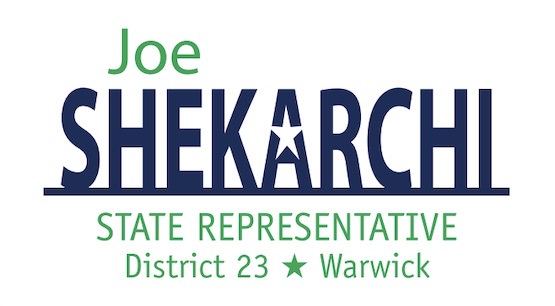General Assembly votes to repeal bill allowing subminimum wages for disabled workers
The General Assembly today voted to repeal a law that allows employers to pay workers with disabilities below the minimum wage.
The legislation to repeal the law, sponsored in the House by Speaker K. Joseph Shekarchi (2022-H 7511) and in the Senate by Sen. John P. Burke (2002-S 2242), eliminates a practice that resulted in a federal Department of Justice lawsuit against Rhode Island over the rights of intellectually or developmentally disabled Rhode Islanders. In 2014, the state entered a settlement that, among other things, ended the use of sheltered workshops where disabled individuals in day programs performed work for wages significantly below the minimum wage. However, the state law allowing subminimum wage for disabled people remains on the books.
“Disabled individuals are entitled to the same rights, protections and dignity as all Rhode Islanders, and they should be protected by our minimum wage laws. While I’m relieved that state day programs for the disabled stopped engaging in this practice a few years ago, there’s no excuse for any law that allows anyone to take advantage of disabled people and pay them less than other workers. We must repeal this law to ensure that no one abuses disabled Rhode Islanders in this way ever again,” said Speaker Shekarchi (D-Dist. 23, Warwick).
According to the Rhode Island Developmental Disabilities Council, laws that allow disabled workers to be paid subminimum wages have been used to control, dehumanize, and segregate people with disabilities. In Rhode Island and other states, they led to the use of “sheltered workshops,” places where disabled workers are paid pennies on the dollar in a segregated setting, while companies profit.
“This legislation is a long time coming,” said Sen. Burke (D-Dist. 9, West Warwick). “Not only is it the right thing to do, but it will guarantee and safeguard the economic independence and, more importantly, the dignity of people with disabilities. I’m proud to have sponsored legislation that will help put people on a path to success where they can live their best lives.”
Such workshops were used in state programs for the disabled until the 2014 agreement with the Justice Department, which had sued the state to end them because they interfere with the federally guaranteed right of disabled individuals to be served in the most integrated setting possible.
The legislation now heads to the governor’s desk for consideration.
